|
|
|
Editor's note
|
|
Three years ago we launched a new and unique model of journalism – a daily offering of articles written by academics edited by a team of professional editors. Our vision was to publish articles written by African experts on the big topics of the day.
Since then The Conversation Africa has published over 3 200 articles. More than 90% have been republished by other media outlets under our Creative Commons license. The word has spread, and our articles are being read more than 1.8 million times a month with almost 350 000 people visiting our site last month.
What these numbers show is that academic experts have become a vital source of news and analysis on the continent. And that their knowledge is helping millions of people understand the big issues of the day, and how they’re being tackled.
In the run up to our third anniversary on Monday we wanted to share the 20 best-read articles of the last 12 months. It’s gratifying that they range across a wide variety of subjects – from science to the environment, health and medicine, politics, economics as well as arts and culture.
In the politics arena the best read included articles about Rwanda, Zimbabwe, South Africa and Namibia while in health and medicine listeriosis, dengue fever, polio and the Moringa tree all featured. In business an article about the Steinhoff scandal in South Africa attracted wide attention, as did an analysis of an Ethiopian-backed port in the Horn of Africa. In the education field the use of laptops in Madagascar as well as the decolonisation of social sciences featured prominently. In science, how laser technology recreated a city as well as a look at Africa’s rich fossil finds were featured while arts and culture profiled Ethiopia’s Mulatu Astatke and marked the passing of South Africa’s
Hugh Masekela. And finally, the drought in Cape Town preoccupied readers too.
In other news, Karl Marx was born 200 years ago today. Nigel Gibson unpacks why his thinking remains relevant.
|
|
|
Politics + Society
|
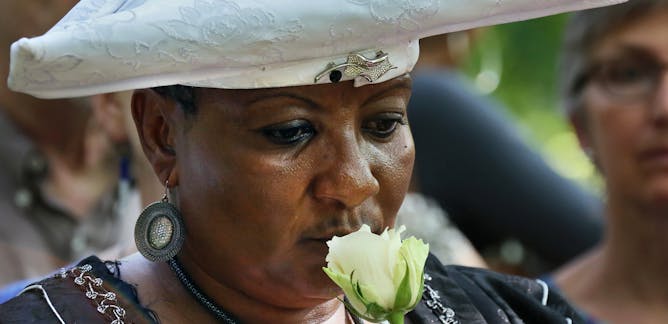
Henning Melber, University of Pretoria; Reinhart Kössler, Freiburg University
In mid-2015 the German Foreign Office after decades of denial seemingly acceded, in a very informal way, to labelling what had happened in South West Africa as genocide, is now backtracking.
| |

James Hamill, University of Leicester
The coup in Zimbabwe means Mugabe’s long and disastrous presidency is finally over. The questions that remain are the precise details and mechanics of the deal which secures his departure.
|
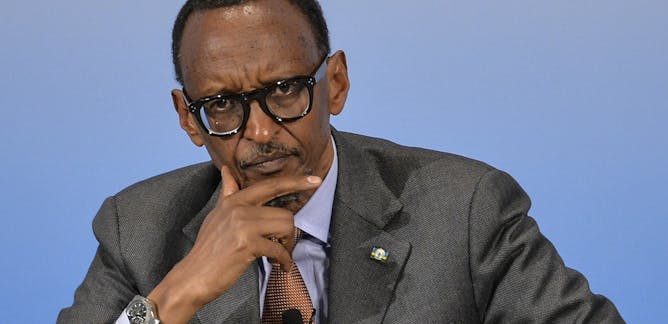
Nic Cheeseman, University of Birmingham
The Rwandan model can't be replicated easily given that it depends heavily on political dominance and tight, centralised control of patronage networks.
| |
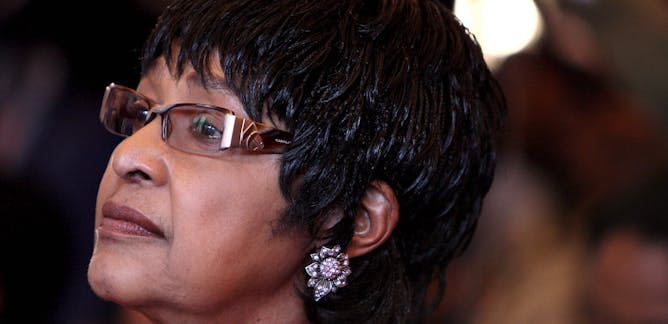
Shireen Hassim, University of the Witwatersrand
Winnie Madikizela-Mandela's political power stemmed from the visceral connection that she was able to make between the lives of the oppressed black people, and her own.
|
|
|
Health + Medicine
|
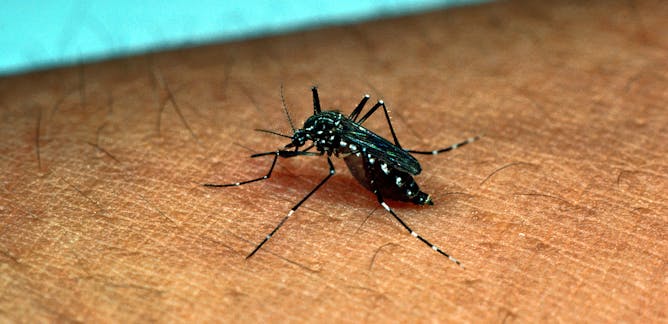
Eunice Anyango Owino, University of Nairobi
In the future, traps for mosquito that spread the dengue and chikungunya virus could be made from the carbon dioxide in human breathe as well as body odour.
| |
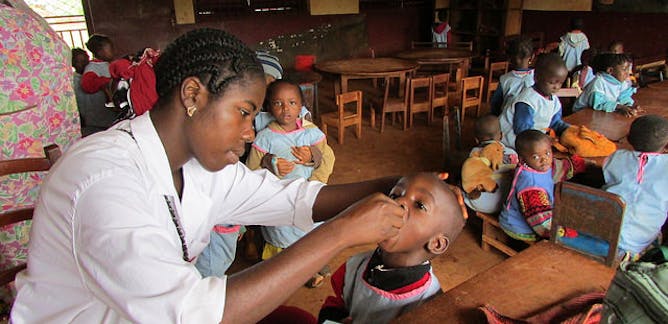
Oyewale Tomori, Nigerian Academy of Science
Social media rumours are putting Nigeria's vaccination campaigns at risk.
|

Kerrigan McCarthy, National Institute for Communicable Diseases
Health authorities in South Africa have launched an investigation to find the food source that has resulted in an unprecedented increase in listeria cases across the country.
| |
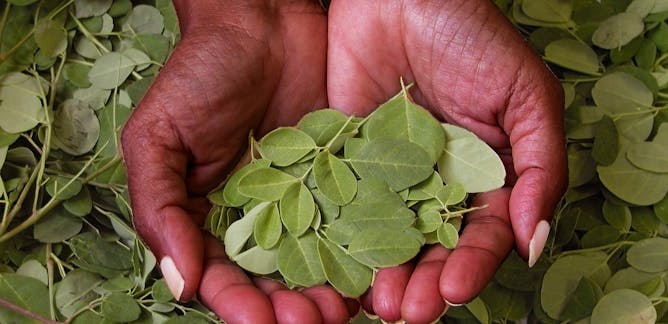
Carrie Waterman, University of California, Davis
Every part of the Moringa tree can be consumed: leaves and its pods) can be eaten and the seeds, bark, flowers and roots can be used as medicine.
|
|
|
Business + Economy
|
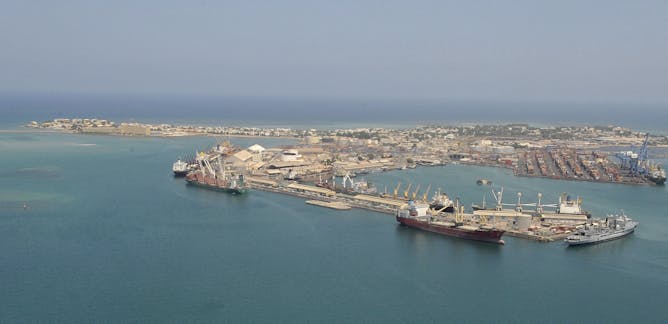
Brendon J. Cannon, Khalifa University; Ash Rossiter, Khalifa University
A deal brokered by Ethiopia to develop the port at Berbera will have a ripple effect across the Horn of Africa.
| |

Steven Friedman, University of Johannesburg
The Steinhoff corporate scandal will do South Africa a huge service if it makes the point that corruption and mismanagement have nothing to do with race.
|
|
|
Education
|
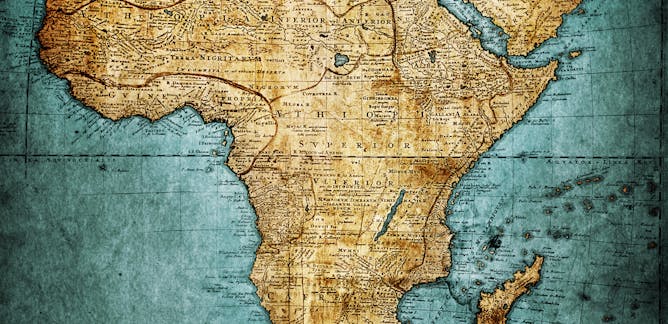
Jess Auerbach, African Leadership University
It's important to shift educational discourse in and around Africa in a more equitable, representative direction.
| |
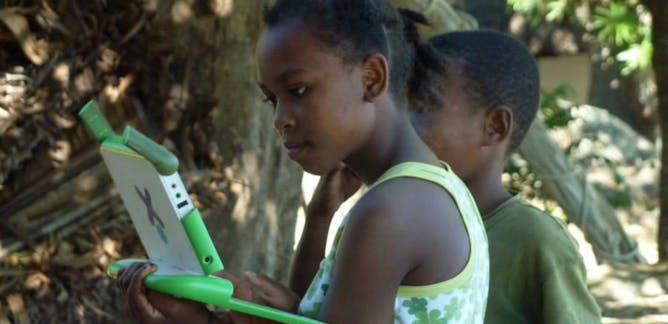
Sandra Nogry, Université de Cergy-Pontoise
Laptops have introduced the children of Nosy Komba in Madagascar to previously inaccessible tools.
|
|
|
Arts + Culture
|
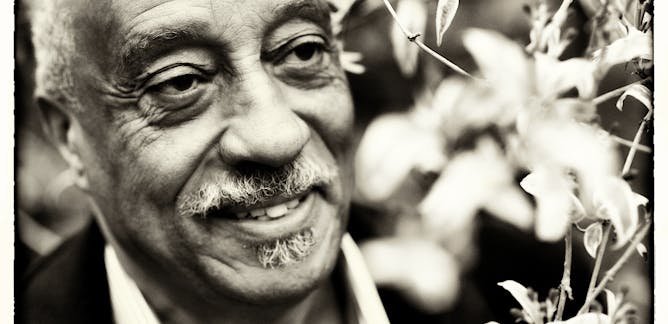
Kay Kaufman Shelemay, Harvard University
Veteran Ethiopian jazz musician Mulatu Astatke continues to have an extraordinary mobility and exposure to a wide range of musical sounds.
| |
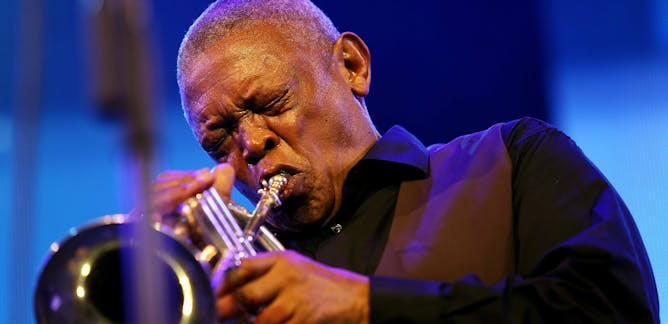
Gwen Ansell, University of Pretoria
South African trumpeter Hugh Masekela made an impact across the world during his decades-long musical career.
|
|
|
Science + Technology
|

Karim Sadr, University of the Witwatersrand
Technology which located Mayan cities has been used to rediscover a southern African city from the 15th century.
| |
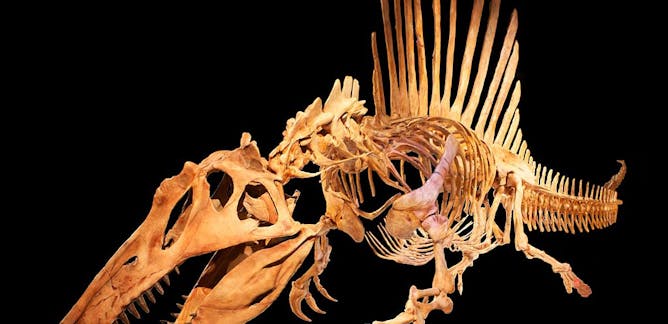
Julien Benoit, University of the Witwatersrand
You might recognise Spinosaurus, from Jurassic Park 3, but did you realise it is 100% an African dinosaur?
|
|
|
Environment + Energy
|
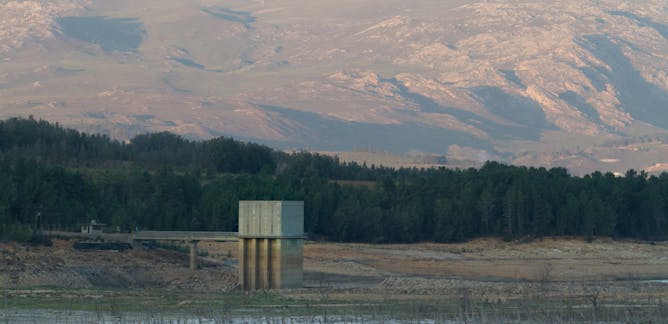
David W. Olivier, University of the Witwatersrand
The water crisis in South Africa's Cape Town teaches us there's more at play than just rainfall. Disasters like droughts means the issue must be seen from many different perspectives, like politics.
| |
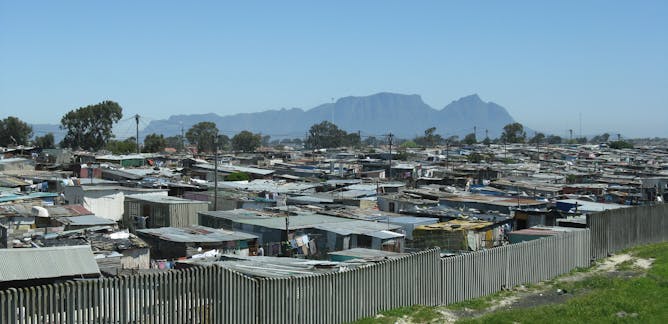
David W. Olivier, University of the Witwatersrand
There are a number of myths surrounding Cape Town's drought, one of them being that the city saw the crisis coming but didn't prepare for it.
|
|
|
In other news...
|
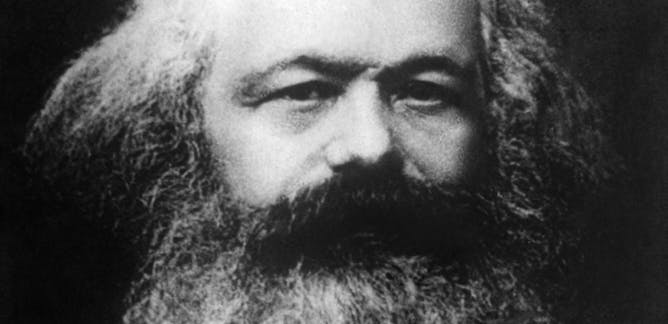
Nigel Gibson, Emerson College
Thinking with Karl Marx on his 200th birthday means recognising the importance of thought.
| |

Carlo Morelli, University of Dundee
Some say the gig economy is capitalism's final victory, but maybe it's not.
|
|
|
| |
| |
| |
| |
| |
| |
|
|
|
|
|
|
|